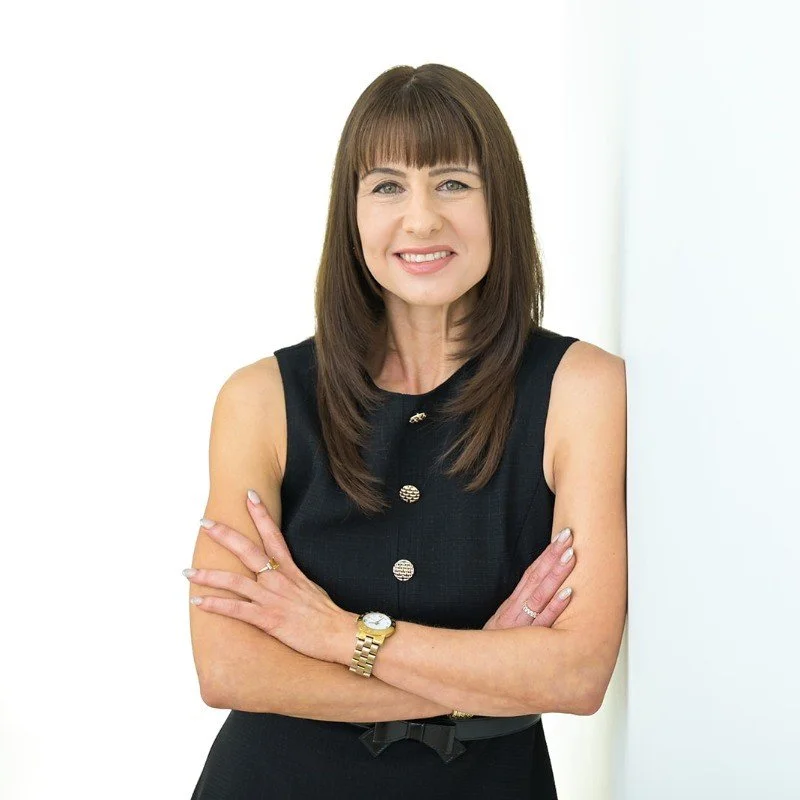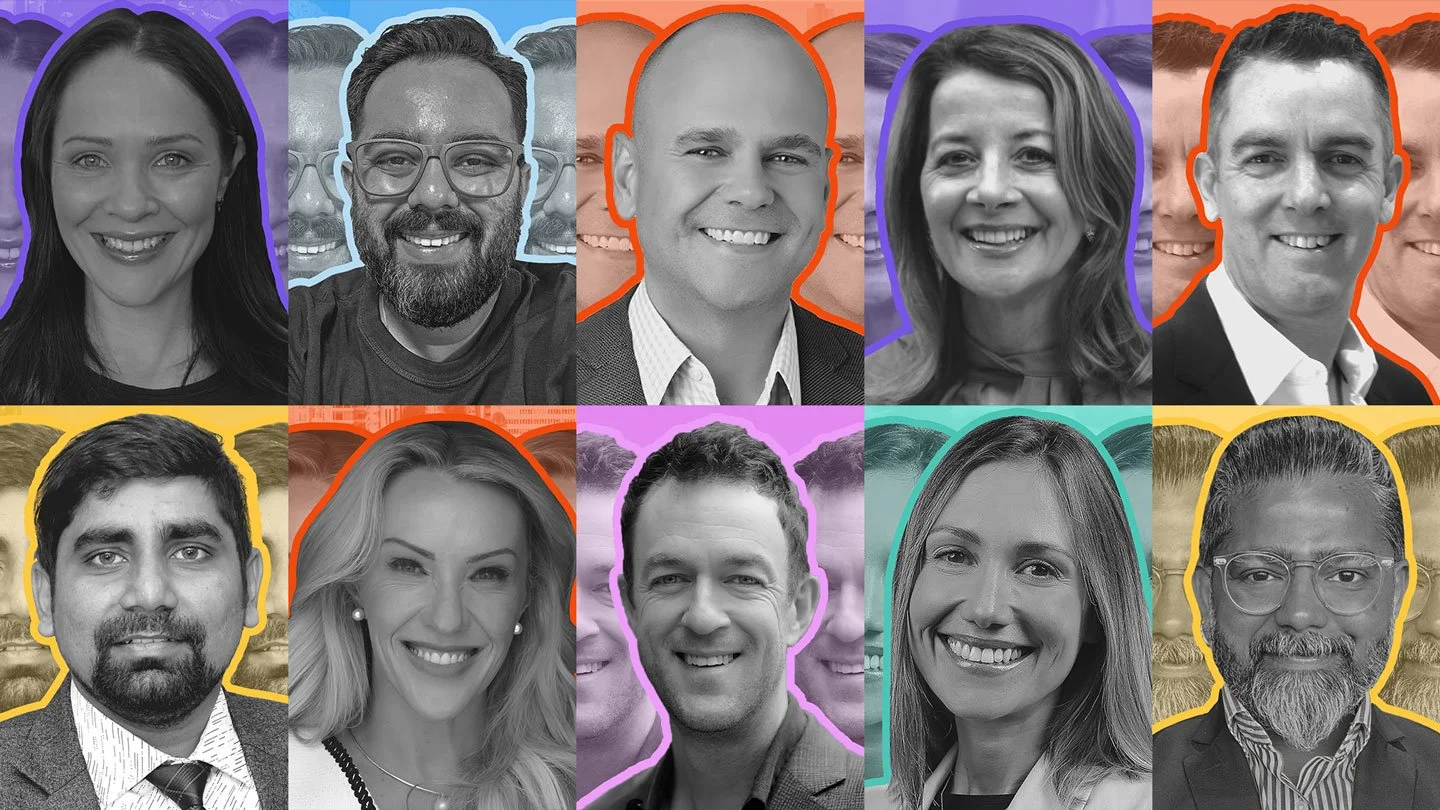Why Trust and Human Connection Are the Real Communication Superpowers in the Age of AI
In a world of rapid change and rising digital dependence, genuine human connection can feel harder to come by. But if you ask Kathryn Goater, a strategic communications expert with over 25 years of experience in PR and leadership development, strong communication skills are more vital than ever, and very much still in demand.
We spoke with Kathryn about how communication has evolved, why trust is the cornerstone of every great relationship, and how we can use communication skills training to create more meaningful connections, even in the age of AI.
Communication has changed - and so have expectations
Kathryn began her career in journalism before the internet, and entered PR well before social media transformed the way we speak and share.
“Today, people will say things online that they would never say in person because they can hide behind an online persona,” she says. “There is a lack of accountability and that makes genuine communication harder, and is exactly why connection matters so much now.”
Despite the tools changing, Kathryn believes the fundamentals to build trust quickly and genuinely remain the same:
be present and transparent
listen deeply and seek to really understand
build rapport
show empathy
set your ego aside.
Trust starts with how we listen
Kathryn has worked with leaders in high-pressure, high-stakes environments, and she’s learned that listening isn’t just a “soft skill”; it’s a strategy for long-term influence and impact.
“If you have made a mistake or in hindsight regret something, then say it. Don’t try to deflect, blame or shirk responsibility, it will always backfire in the court of public opinion. Stay calm, stay in control. Demonstrate empathy for how something impacts or concerns your customers, the community, colleagues or other stakeholders,” she says.
When it comes to building trust across teams, with stakeholders or in public-facing roles, Kathryn says we often underestimate the importance of consistency. “It’s simple, but powerful: do what you said you would do. When words and actions align, it builds trust faster than anything else.”
Communicating under pressure
Whether you're facing internal feedback or a public-facing crisis, the way you respond can make or break your credibility.
“One of the biggest mistakes is becoming defensive or blaming others,” Kathryn says. “When trust breaks down, you need to acknowledge what’s happened and then take action to repair it. You can’t just apologise without committing to what you’ll do differently to prevent the situation occurring again.”
She also warns against letting issues build up without communication. “Don’t wait until something goes wrong in the workplace to bring up a personal problem. It confuses the situation and damages trust.” Proactive communication goes a long way and should not be underestimated.
Connection in the age of AI
With generative AI tools now so commonly used and easily accessible, many professionals are wondering how human communication can remain relevant.
For Kathryn, the answer is clear. “Authenticity matters more than ever. Audiences are getting more discerning, they want to hear from people with real experience, real stories, and original thought,” she says.
While AI can assist with repetitive or research-heavy tasks, it still lacks the nuance and emotional intelligence that human communicators bring. “AI is a tool but remember it can hallucinate facts and stats, invent studies and reports and needs a human to fact check. It also doesn’t have wider contextual awareness and cannot assess how something might be perceived by different audiences and if there is a risk of offence.
“It can be a valuable tool to help speed up mundane and process driven repetitive tasks and free humans to do more human work and focus on all the things that AI cannot do such as engaging with customers, building rapport, problem solving and creativity,” she stresses.
Kathryn recommends carefully fact checking and considering how messages may be perceived by different audiences, before sharing publicly.
Authenticity isn't optional - it’s a requirement
Kathryn believes communicators who will stand out in the years ahead are those who bring something original, raw and emotionally resonant to the table.
“We crave real stories, not just polished slogans,” she says. “People want to know what happened behind the scenes, how you solved problems, how you overcame setbacks and challenges. That emotional pull, that’s human.”
She sees the future of leadership communication becoming more values-driven, with greater emphasis on care, listening and mentoring. “As AI alleviates more routine and repetitive tasks, the importance of human skills will only grow. Teams perform better when they feel heard and valued, when they are galvanised by a shared purpose, are engaged in meaningful work where they can make an impact, and that vision starts with leadership.”
Building better habits
So how do we become effective and trustworthy communicators?
“Start by becoming a better listener,” Kathryn says. “Communication isn’t just about what you say, it’s about how well you understand your audience. Focus on asking insightful questions to really understand others' points of view.”
Staying curious is key right now. “AI can help surface insights you might have missed, but don’t rely on it blindly. Fact check everything. Use it to support your work, not to replace the parts of it that are uniquely human,” she says.
Kathryn Goater
Co-CEO, Co-Founder and PR Director, Media-Wize
Kathryn is an award-winning public relations consultant who specialises in B2B campaigns for fast-growth technology and cybersecurity companies. For over 25 years, Kathryn has focussed on media management, government relations, project management, strategy, and stakeholder engagement. She has worked on local and international campaigns that have won global recognition, including a United Nations award for excellence in public relations. Media-Wize was a finalist in the IT Journalism Awards 2024 ‘Best Corporate Content’ category for thought leadership, and followed up with the same accolade in 2025.












